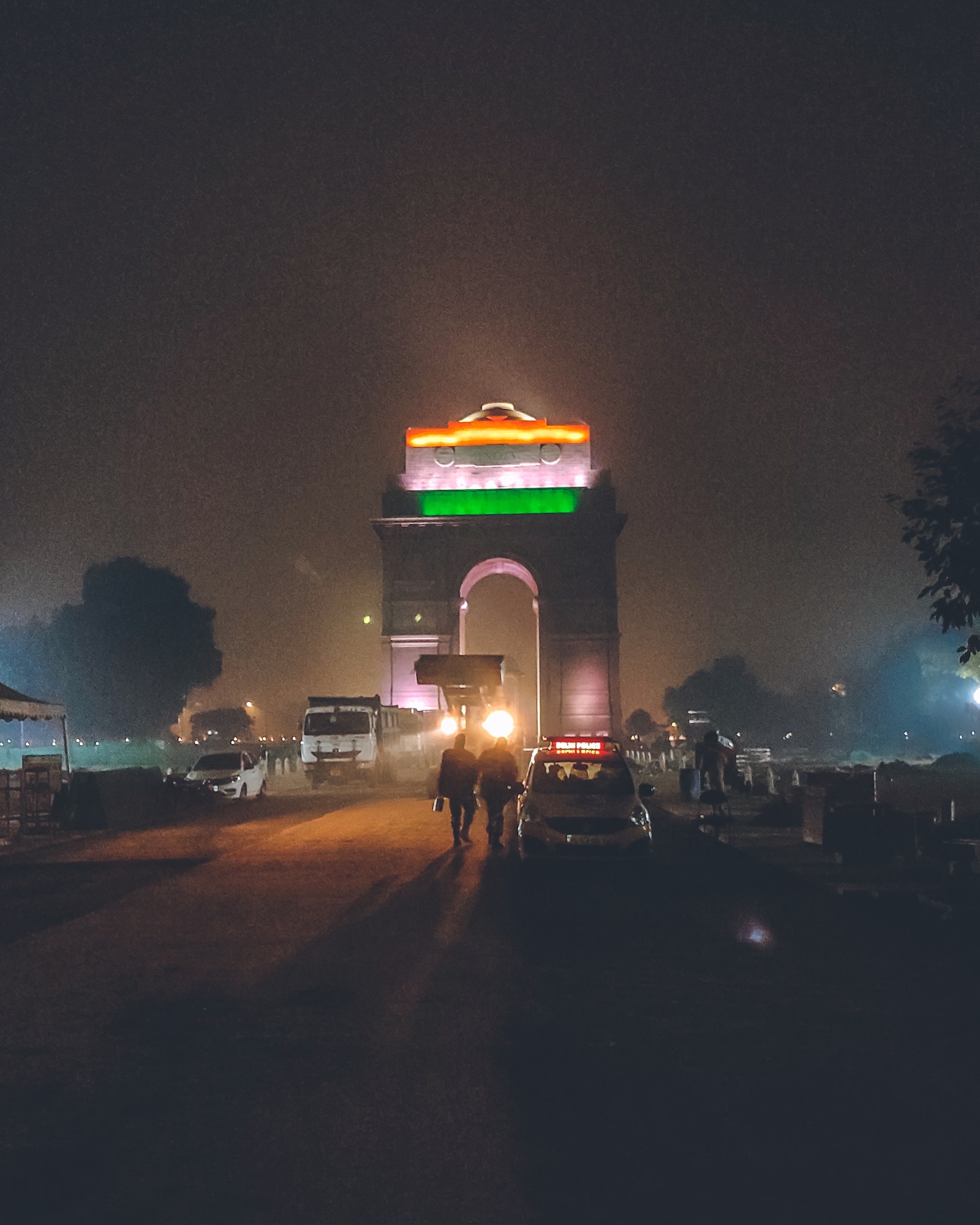Insider Brief
- National Quantum Mission (NQM) with a total cost of Rs. 6003.65 crore — about $730,297 US — from 2023-24 to 2030-31.
- The mission aims to foster scientific and industrial research and development in Quantum Technology (QT) to accelerate economic growth, establish India as a global leader in Quantum Technologies & Applications (QTA), and support national priorities.
- One of the ambitious NQM goals is to develop intermediate-scale quantum computers with 50-1000 physical qubits within 8 years.
The Union Cabinet approved the National Quantum Mission (NQM) with a total cost of Rs. 6003.65 crore — about $730,297,000 US — from 2023-24 to 2030-31, according to PM India and other press reports.
According to the site, the mission aims to foster scientific and industrial research and development in Quantum Technology (QT) to accelerate economic growth, establish India as a global leader in Quantum Technologies & Applications (QTA), and support national priorities such as digital India, Make in India, Skill India, and Sustainable Development Goals (SDG).
50-1000 Physical Qubits

The NQM has set ambitious targets to develop intermediate-scale quantum computers with 50-1000 physical qubits within 8 years using various platforms such as superconducting and photonic technology. It also aims to establish satellite-based secure quantum communications between ground stations within India and with other countries over a range of 2000 kilometers, as well as inter-city quantum key distribution over 2000 kilometers and multi-node Quantum network with quantum memories.
The program will also focus on developing high-sensitivity magnetometers in atomic systems and Atomic Clocks for precision timing, communications, and navigation. Additionally, it will support the design and synthesis of quantum materials such as superconductors, novel semiconductor structures, and topological materials for fabrication of quantum devices. Single photon sources/detectors and entangled photon sources will be developed for quantum communications, sensing, and metrological applications.
Thematic Hubs
To promote research and development in QT, four Thematic Hubs (T-Hubs) will be established in top academic and National R&D institutes, focusing on Quantum Computing, Quantum Communication, Quantum Sensing & Metrology, and Quantum Materials & Devices. These hubs will generate new knowledge through basic and applied research and contribute to the mission’s objectives.
The NQM is expected to have a significant impact on various sectors including communication, health, finance, energy, drug design, and space applications. By fostering a vibrant and innovative ecosystem in QT, India aims to become a global competitor in quantum technology development. The mission aligns with national priorities and initiatives such as Make in India, Skill India, and Stand-up India, and will contribute to India’s vision of becoming self-reliant and achieving sustainable development goals.
If you found this article to be informative, you can explore more current quantum news here, exclusives, interviews, and podcasts.















